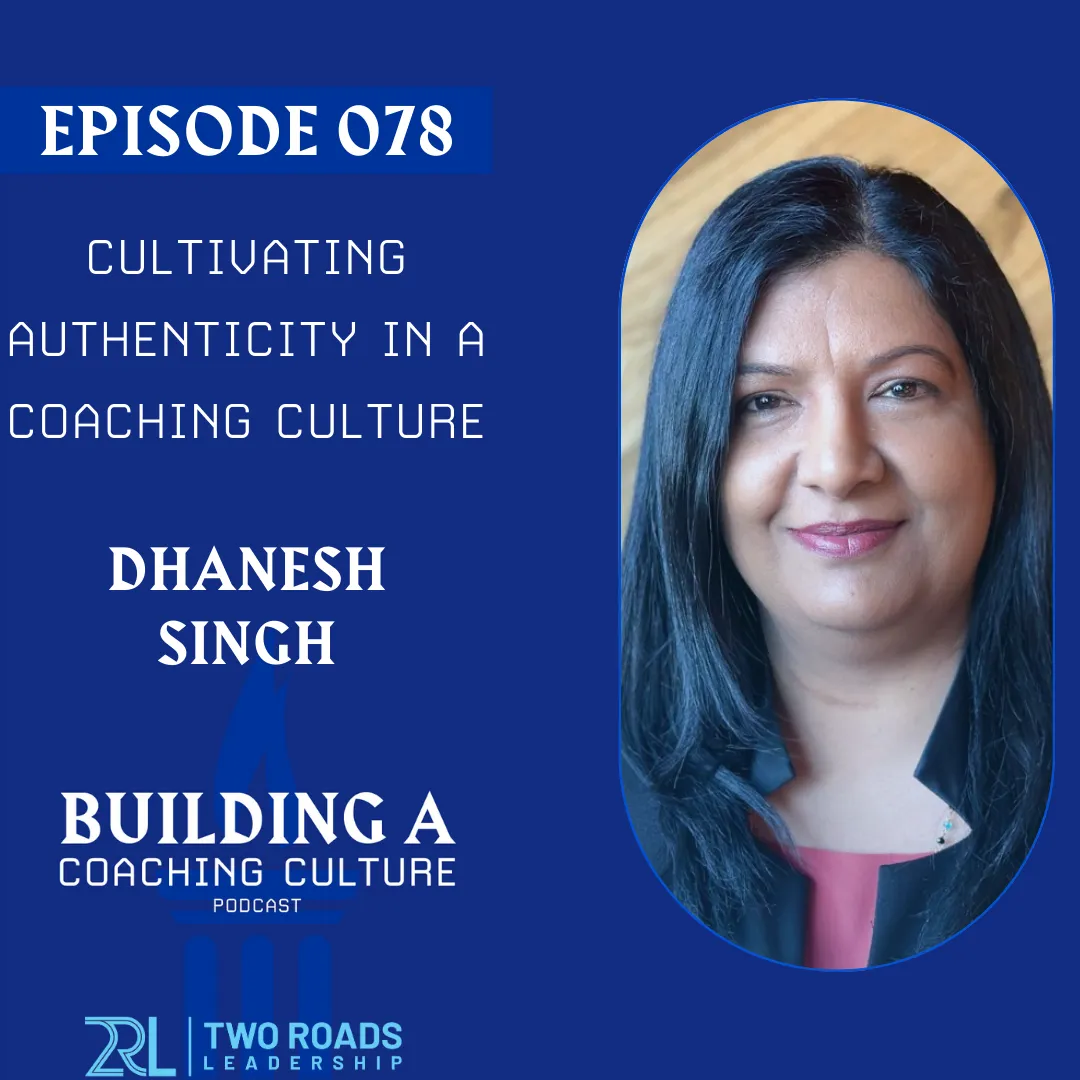In today’s episode, J.R. and Lucas are joined by our guest - Dhanesh Singh, who hails from Sydney, Australia. Dhanesh is an expert in collaborating with leaders of intricate organizations across the global job market. The discussion revolves around Dhanesh Singh's remarkable life journey, guided by principles influenced by Nelson Mandela's teachings.
Authenticity, diversity, and inclusion are highlighted as crucial values, alongside the significance of staying connected to one's origins and beliefs. Dhanesh's narrative is one of bravery and a pursuit of achievement, from a childhood in apartheid-era South Africa to a triumphant corporate career, culminating in the discovery of their true passion as a coach and consultant. The conversation explores various themes such as embracing authenticity, nurturing psychological safety, and the role of spirituality in maintaining focus.
In this episode, you'll learn:
• How spirituality plays a role in staying focused, centered, and aligned with one's values
• The importance of identity in staying authentic, remembering roots, and aligning values
• How leaders can balance their drive for success with understanding the needs of their team members and creating an environment of psychological safety
• The element of sacrifice in pursuing a great vision or mission
So sit back, relax, and get ready to be inspired by the incredible journey of Dinesh Singh in today's episode of "Building a Coaching Culture"!
Building a Coaching Culture is presented by Two Roads Leadership
Produced, edited, and published by Make More Media
Episode Links
Dhanesh Singh
J.R. Flatter
Founder of Two Roads Leadership
Lucas Flatter
Resources
2RL 4 day Coach Certification Bootcamp
2RL ICF-Approved Coach Certifications and Trainings
Transcript
Automatic Transcription - please excuse any errors

